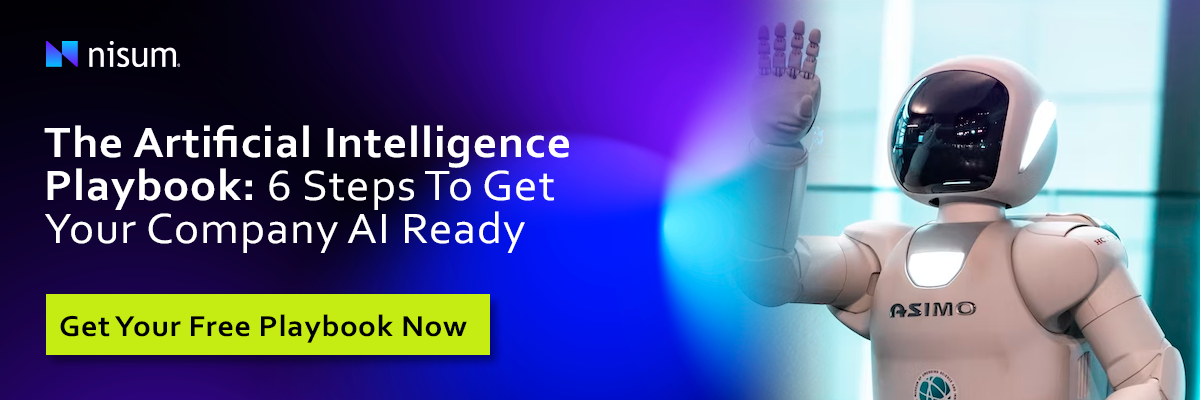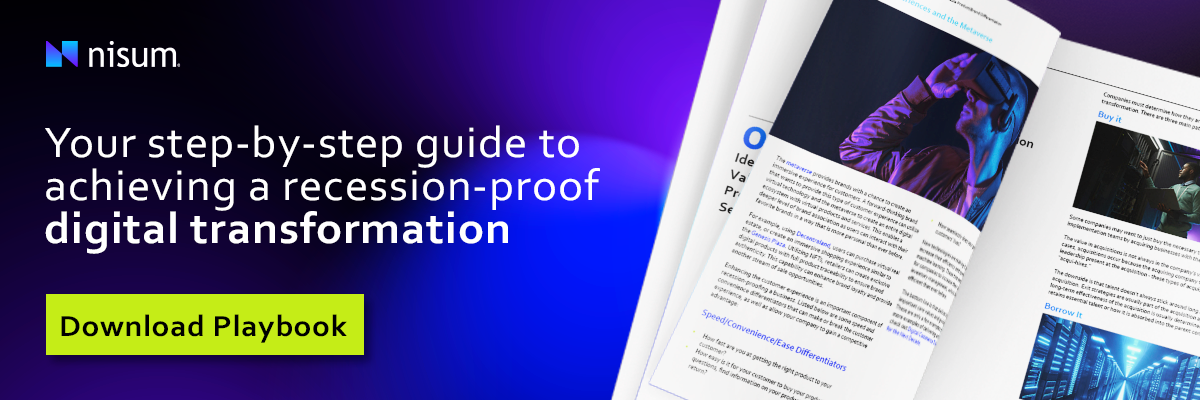 Picture Credit: Unsplash
Picture Credit: Unsplash
AI-driven, autonomous testing is the future of software quality assurance. Leveraging Artificial Intelligence (AI) and Machine Learning (ML) in test automation can help organizations achieve a highly maintainable, reliable, and accurate Software Quality Assurance process.
Identifying patterns around the historic data on a timely basis would be of significant help in maintaining test automation frameworks that usually require time, effort, and greater attention to detail.
Why Autonomous Testing?
1. Significantly Reduce Flakiness in Tests
Poor coding practices or flaky locators and elements can lead to errors in test automation and poor user experience (UX). AI/ML algorithms can detect code anomalies and help the user in fixing the code elements and locators with possible solution recommendations.
2. Reduce Maintenance Efforts and Produce Stronger Code
QA Engineers spend up to 30-60% of their time maintaining the test frameworks. Constant functionality changes can create errors, false positives, and false negatives. AI/ML algorithms can juxtapose new changes in the application against the existing automation framework and suggest automated solutions. Moreover, this enables automation frameworks to be more effective and efficient by eliminating redundant and obsolete code.
3. Increase Test Coverage
It is difficult to reproduce certain ambiguous test scenarios that occur outside of normal operating parameters leading to corner cases. Even the best testers can miss these scenarios. With AI/ML automation can cover such corner cases with precision. Thus, minimizing the errors and further improving the efficiency of the application.
4. Intelligent and Timely Detection of Anomalies Around Data
Early detection of anomalies is highly crucial in time-sensitive environments. Any delay in identifying such anomalies can have a negative impact on metrics and the business.
For example, a delay in detecting fraudulent transactions can lead to huge losses, customer dissatisfaction, and legal issues. AI/ML can decipher complex data patterns and alert the Data Quality Engineers about probable anomalies beforehand.
5. Improve Data Quality
Data Quality Engineers/Data Scientists spend up to 60% of their time cleaning the data. AI/ML algorithms have great potential to automate sanity checks and eliminate data redundancies by assisting Data Quality Engineers with data cleaning recommendations.
Machine Learning solutions such as a python library, Dedupe.io are already being used to eliminate duplicate records. Holoclean.io is another such example that allows Data Quality Engineers to provide some high-level domain-specific rules and information to perform data cleaning. The solution helps in identifying and fixing errors such as outliers and null values etc.
AI and Machine learning solutions would ultimately contribute towards a faster and highly efficient data quality assurance process with greater accuracy.
6. For Codeless Test Automation Frameworks/Tools
Codeless testing frameworks built with AI/ML can lower the learning curve for QA activities. Software quality assurance processes evolved from manual to automation in order to reduce the load on testers, shorten the testing phase, and have more accurate and reliable test results.
For quite some time, automation tools such as Selenium have been used for developing test automation frameworks. However, the testers end up spending more time debugging code-level issues and fixing the script instead of focusing on core testing aspects and coverage. Another issue is, not all testers are programmers but it has become imperative to learn and master different programming languages in order to develop and maintain test automation frameworks.
A huge amount of time is also spent on Knowledge Transfers when new resources on board the testing teams. Testing time and accuracy again have a greater dependency on the coding proficiency of the tester.
Codeless test automation frameworks reduce dependency on resources and enable anyone to test the software application without much knowledge transfer and previous coding experience. It also ensures a faster testing process, thus reducing the time taken to maintain and debug the code.
AI/ML Will Be an Integral Part of the Quality Assurance Process
Eventually, AI-powered Autonomous Testing can address the gaps around the quality assurance process which cannot be achieved by traditional manual or automated testing.
With minimal human intervention, Autonomous Testing can maximize the quality of software products. In a nutshell, AI/ML would soon be the new normal in the Software Quality Assurance process.
How Nisum Can Help
If you need help jumpstarting your Automation activities or any part of your software department, contact us. Large organizations have found that Nisum gives them a competitive edge through innovative approaches they apply to their software. They’re using Nisum to build change management systems that address key organizational challenges related to team efficiency.





